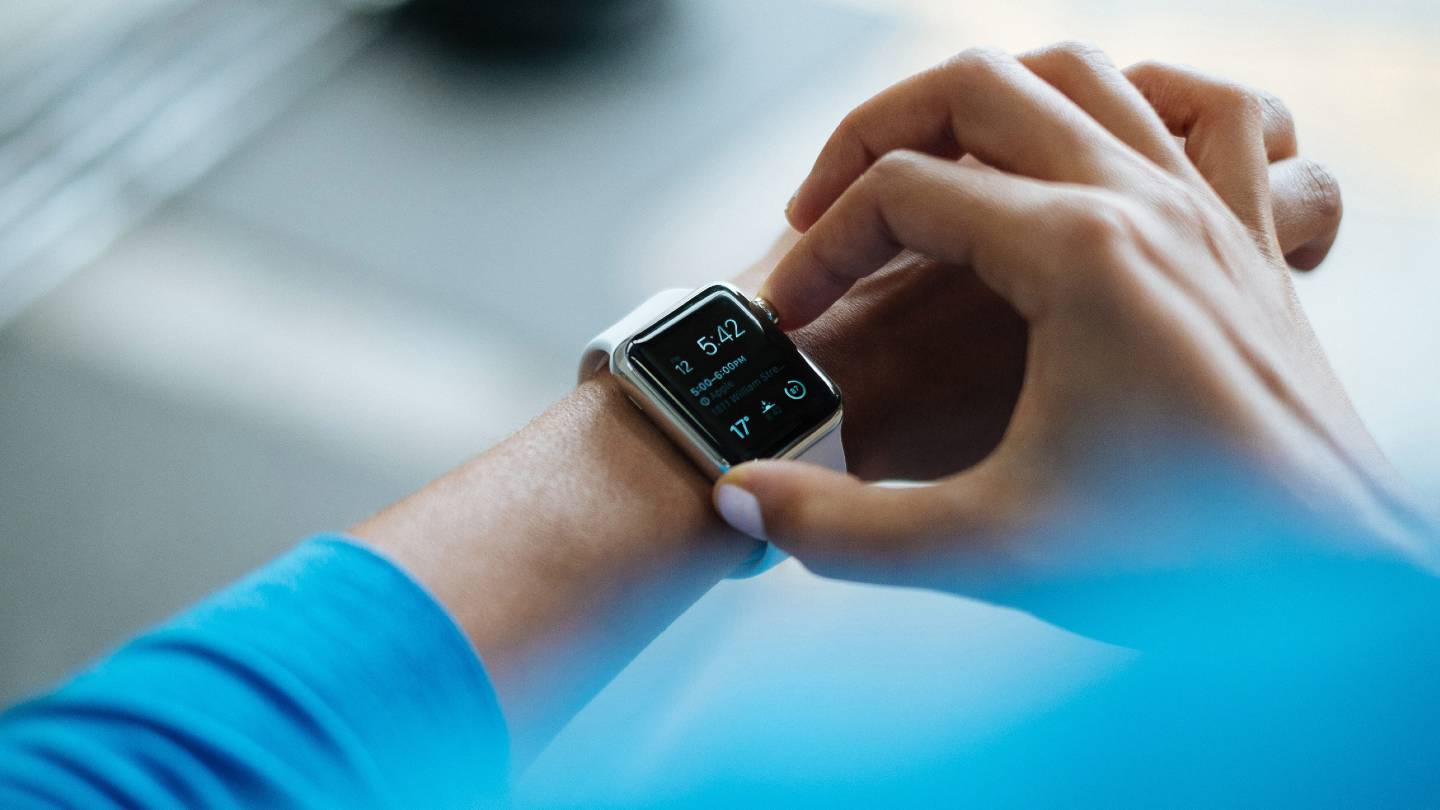
October is National Cybersecurity Awareness Month and UAH OIT is using it to reinforce our shared responsibility to keep the UAH information systems and data safe for everyone.
During this week of National Cybersecurity Awareness Month, let’s look at how technological innovations might impact the security of your online experience.
Smart devices. Our homes are becoming smarter. Our vehicles are becoming smarter. Our appliances are becoming smarter. Our fitness devices are becoming smarter. Even our rugs are becoming smart devices in our home. These devices are making our life more convenient and connected but such convenience comes at a cost.
All of these devices connect to your home network, your computer and your smartphones. Unfortunately, more devices on your home network means there are more devices for malicious actors (hackers) to attack and possibly gain unauthorized access to your house, computing devices, and, potentially UAH assets.
If you have embraced the smart device culture:
- Configure these devices to automatically and regularly check for updates from the manufacturer.
- Use different passwords or passphrases for these devices. Do not use your UAH or computer system password to protect your smart devices.
Faster communication speeds. As 5G rolls out in the United States, more of our devices will connect to the internet using this ubiquitous high-speed network, bypassing any security controls you have on your home network. While this may seem like a more secure solution at first, normally your smart devices will still use your home wi-fi to connect to your computing or mobile devices.
"But, Jeremy," you may be thinking, "why would UAH care if my home network gets attacked?" Firstly, I am concerned about everyone's home network being attacked and no one enjoys the complicated aftermath of a compromised home network. Also, one of the most common attack methods into secure facilities is what’s called the "pivot attack" where an attacker will compromise a system that connects to a secure network. So, if they compromise your home system, it could be used by an attacker against UAH networks. In a gross oversimplification, that's the primary technique that was used in the Target data breach a few years ago.
Once a system, including a smart device, is connected to the internet, it will be probed for possible security vulnerabilities within minutes of coming online. These devices should be secured behind a home firewall, given a long unique password or passphrase and updated regularly.
For more information, see the online course, 2021 Your Role: Internet Security and You.
See below for some tips on how to block attacks on your mobile devices like smartphones.
If you connect it, protect it. Do your part. #BeCyberSmart.
For questions or more information, contact ciso@uah.edu